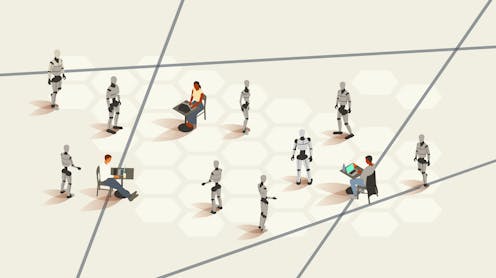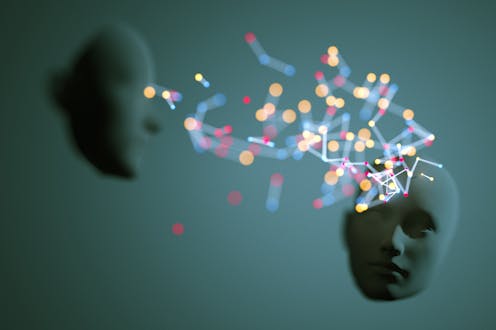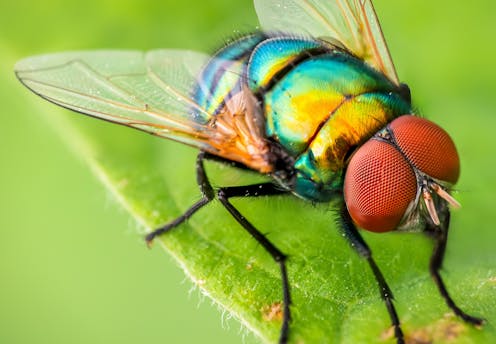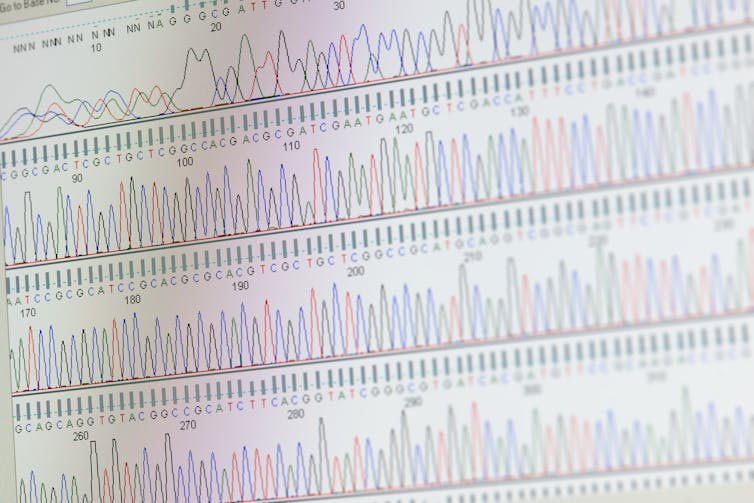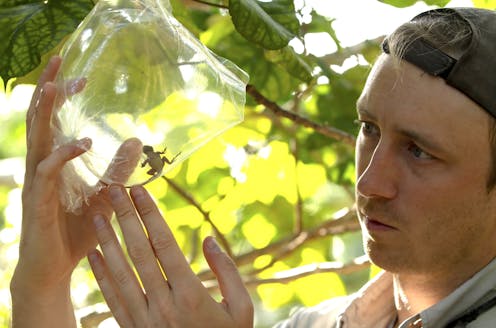Bots that reply to online posts can help people connect with each other, but at the same time they also interfere with people communicating with each other.
Category: Cancer Feeds
What are AI hallucinations? Why AIs sometimes make things up Science + Tech – The Conversation
When AI systems try to bridge gaps in their training data, the results can be wildly off the mark: fabrications and non sequiturs researchers call hallucinations.
Poor neighborhoods, health care barriers are factors for heart disease risk in Black mothers Health – The Conversation
Communities with unstable housing, food deserts and less access to health care contribute to the problem.
How many types of insects are there in the world? Science + Tech – The Conversation
The number of insect species is mind-boggling – and they are a critical part of the environment.
Genomic sequencing reveals previously unknown genes that make microbes resistant to drugs and hard to kill Science + Tech – The Conversation
Scientists have described antimicrobial resistance as an overlooked pandemic. Improving surveillance can help prevent deadly outbreaks.
Rethinking repression − why memory researchers reject the idea of recovered memories of trauma Science + Tech – The Conversation
Sigmund Freud originally developed the idea of repression and actually revised his definition later in life.
Engineering students explore how to ethically design and locate nuclear facilities in this college course Science + Tech – The Conversation
Students explore nuclear facilities in virtual reality and learn about the ethical dimensions of nuclear technology in a University of Michigan course.
Amid a tropical paradise known as ‘Lizard Island,’ researchers are cracking open evolution’s black box – scientist at work Science + Tech – The Conversation
A decade of fieldwork is revealing how one of biology’s fundamental principles works in real time.
Medetomidine is replacing xylazine in Philly street fentanyl − creating new hurdles for health care providers and drug users Health – The Conversation
An emergency physician and nurse scientist explain what medetomidine is and how to respond if someone is overdosing on it.
Losing your job is bad for your health, but there are things you can do to minimize the harm Health – The Conversation
It’s not just about having money problems − it’s how you feel about those problems that matters most for your mental health.
